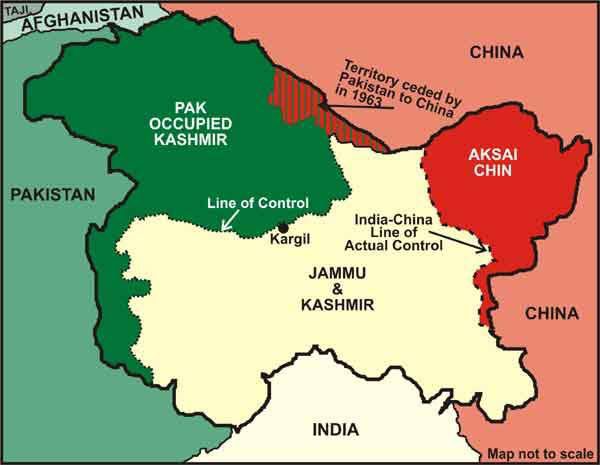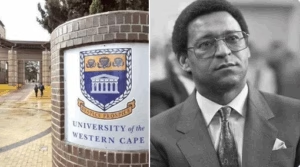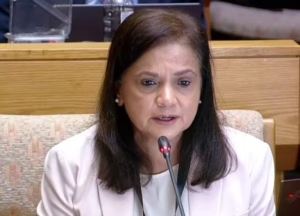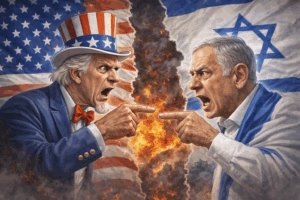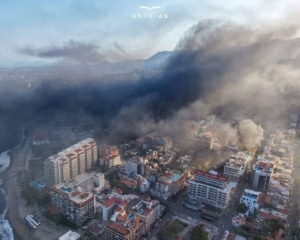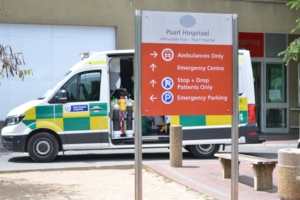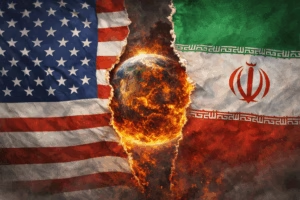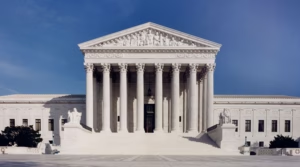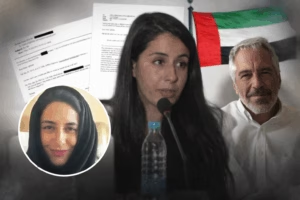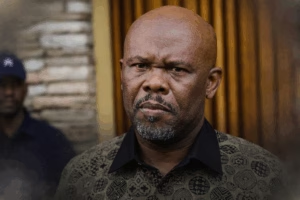A deadly assault in India’s Jammu and Kashmir Union Territory has once again reignited severe tensions between India and Pakistan, two nations whose fraught relationship has endured through wars, diplomatic breakdowns, and recurring violence. The attack, which claimed 26 lives, has plunged the region into uncertainty, with both countries taking decisive measures that risk further destabilising South Asia.
The incident unfolded on 22 April in Baisaran Valley, located approximately six kilometres from the town of Pahalgam, a site frequented by tourists. Responsibility for the attack was initially claimed by The Resistance Front, an armed group allegedly affiliated with the Pakistan-based Lashkar-e-Taiba. However, later reports indicated the group may have distanced itself from the violence.
Indian authorities moved swiftly. Police in Kashmir revealed they had identified three suspects linked to the attack, with two reportedly being Pakistani nationals. New Delhi quickly pointed fingers at Islamabad, maintaining a longstanding accusation that Pakistan provides covert support to militant incursions across the volatile border.
“Until Pakistan credibly and irrevocably abjures its support for cross-border terrorism,”
India declared, stringent measures would remain firmly in place.
Diplomatic and Trade Relations Collapse as Hostility Grows
The aftermath saw New Delhi implement sweeping diplomatic reprisals. Pakistani diplomats were expelled as India drastically reduced staff at Pakistan’s High Commission. Land borders were sealed, and visa services for Pakistani nationals were suspended. Indian citizens residing in Pakistan were strongly urged to return home immediately.
For the first time in over sixty years, India suspended the Indus Waters Treaty, a critical bilateral accord regulating the shared use of the Indus River system. The unprecedented move further exacerbated Islamabad’s fury. Pakistan responded sharply, warning that blocking river access would be considered
“an act of war.”
Pakistan’s retaliation mirrored India’s approach. Islamabad shut its airspace to Indian airlines and suspended key cross-border agreements and routes. In response, India also barred Pakistani aircraft from its skies.
“Any act of aggression will be met with a decisive response,”
Information Minister Attaullah Tarar warned, suggesting India was preparing a military strike. Tarar further alleged that the Kashmir incident was
“a false pretext”
intended to justify military action.
Military Maneuvers Raise Fears of Escalation
Amid this climate of uncertainty, Pakistani defence forces intensified military exercises. A high-profile operation, codenamed Hammer Strike, was conducted under the command of the Mangla Strike Corps. Fighter jets and artillery units participated in this show of force, overseen by Pakistan’s Chief of Army Staff, General Asim Munir.
During his visit to the Tilla Field Firing Ranges in Jhelum, Munir reaffirmed his country’s readiness to defend its sovereignty:
“Let there be no ambiguity: any military misadventure by India will be met with a swift, resolute, and notch-up response. While Pakistan remains committed to regional peace, our preparedness and resolve to safeguard national interests is absolute.”
Meanwhile, Indian forces also ramped up their activities. Counter-terrorism operations have intensified across Jammu and Kashmir. Reports confirmed that, as of 1 May, Indian troops were retaliating against what officials described as unprovoked firing from Pakistani forces across the Line of Control (LoC) for the seventh consecutive day.
New Delhi has launched four major security operations in Kashmir, particularly in vulnerable areas like Pulwama, with public parks and gardens closed as precautionary measures.
International Community Calls for Restraint Amid Fears of Wider Conflict
The risk of conflict spreading beyond the contested region has drawn the attention of global powers. United States Vice President J.D. Vance urged caution, expressing hope that India would act judiciously.
“Our hope is that India responds to this terrorist attack in such a way that it does not lead to a broader conflict,”
Vance stated in an interview with Fox News.
His sentiments were echoed by United States Defence Secretary Pete Hegseth, who affirmed Washington’s solidarity with India while backing New Delhi’s right to defend itself.
Efforts to mediate continued as United States Secretary of State Marco Rubio engaged in urgent discussions with Indian External Affairs Minister S. Jaishankar and Pakistani Prime Minister Shehbaz Sharif. According to Rubio’s spokesperson, Tammy Bruce, the focus was firmly on defusing the situation:
“[Rubio] encouraged India to work with Pakistan to de-escalate tensions and maintain peace and security in South Asia.”
Pakistan’s ambassador to the United States, Rizwan Saeed Sheikh, meanwhile, made a direct appeal to President Donald Trump for intervention:
“If we have a president who is standing for peace in the world as a pronounced objective during this administration… I do not think there is any higher or flashier flash point, particularly in nuclear terms, as Kashmir.”
Signs of Hope as Talks Resume — But Fragility Remains
Amid the spiralling hostility, diplomatic conversations have quietly resumed behind the scenes. On 1 May, the Directors General of Military Operations (DGMOs) from both nations held a crucial dialogue in an attempt to address ceasefire violations and prevent miscalculations along the LoC.
Nevertheless, mutual distrust prevails. Islamabad maintains that Indian Prime Minister Narendra Modi has given his forces
“full operational freedom”
to determine the mode, targets, and timing of a possible response.
At the same time, Pakistan insists it has intelligence suggesting that a military strike is imminent. Defence Minister Khawaja Asif accused India of
“preparing for all-out war”
and reiterated that Pakistan was ready to retaliate forcefully.
While official statements stress a desire to avoid escalation, the risk of a misstep leading to open conflict looms large. For now, citizens on both sides of the border remain caught in a perilous waiting game, as the region balances precariously between confrontation and diplomacy.

